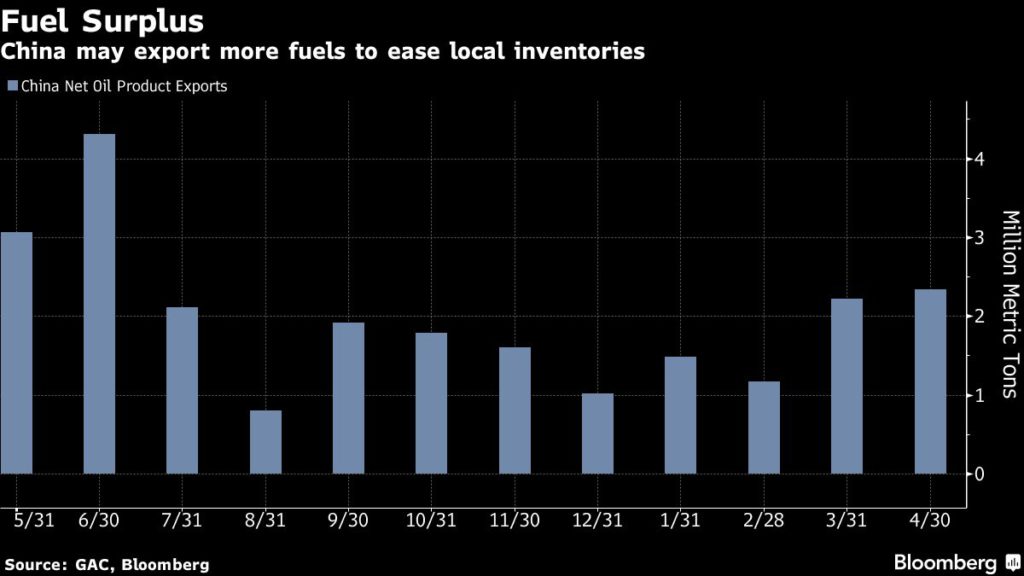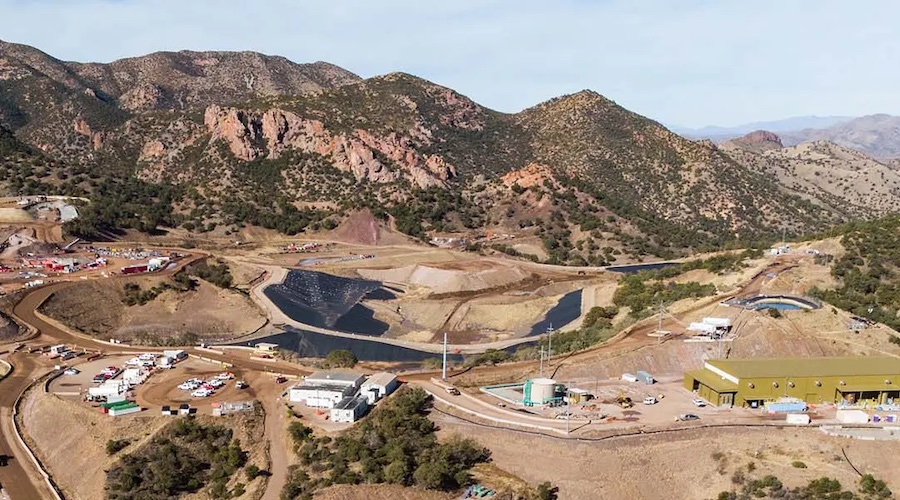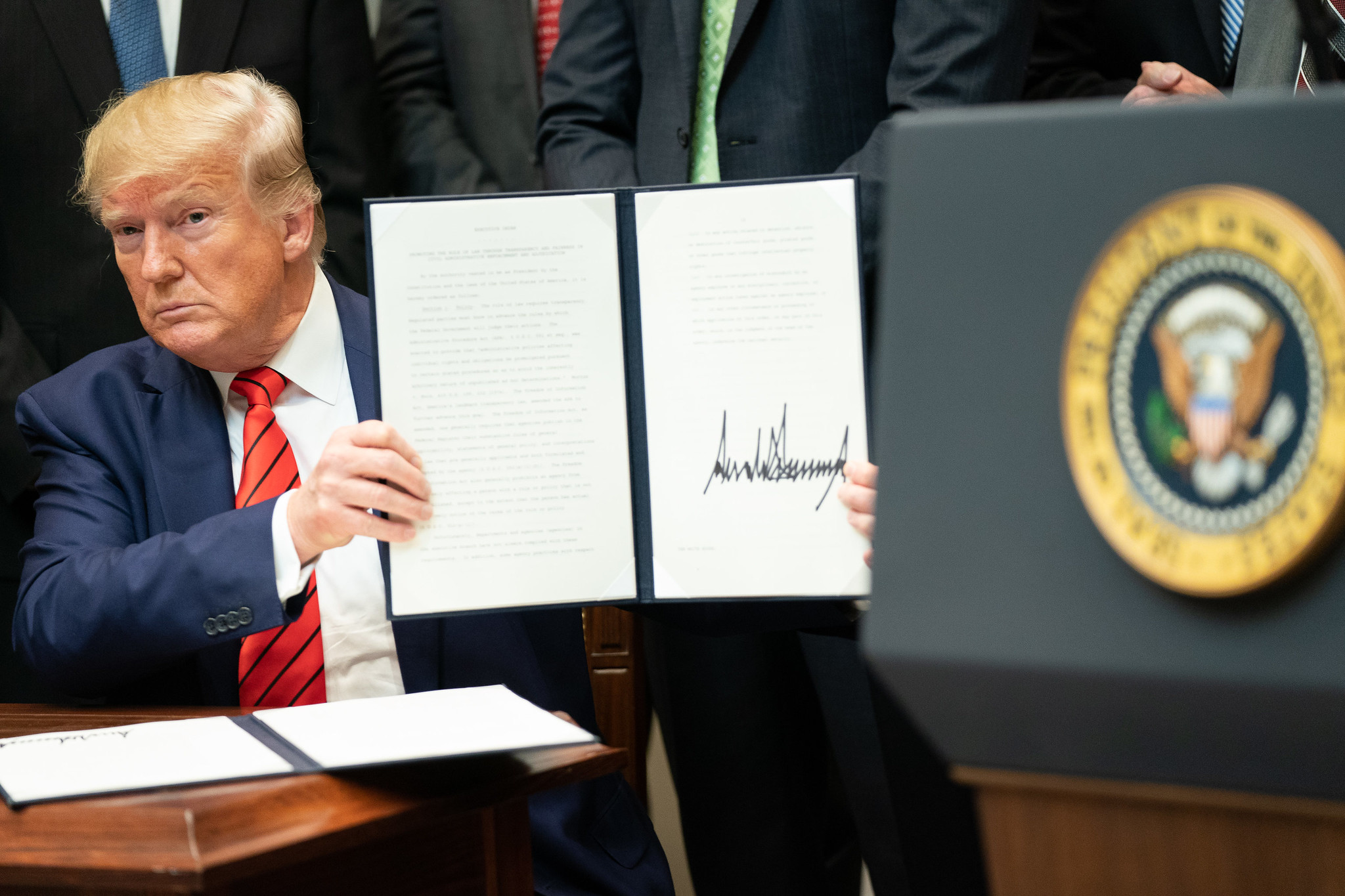Commodities turn higher as China loosens its virus restrictions

Industrial commodities in China mostly rose as the number of covid-19 cases fell and the government began to loosen the restrictions that were choking the economy.
The virus is now deemed under control in Beijing, while Shanghai’s outbreak appears to be heading that way as officials outlined their plan to revive the city after a two-month lockdown. Measures include allowing manufacturing to restart, accelerating property approvals, and making car purchases cheaper, all metals-intensive areas that had been hit hard by the virus.
Still, there’s a lot of ground to be made up. The factory PMI due on Tuesday will probably remain in contraction, according to Bloomberg Economics, although it should recoup some of the steep losses recorded in April after slight improvements in oil refining and steel output.
More broadly, China’s growth outlook has been slashed, amid a Covid Zero policy that could yet condemn the country to further punishing lockdowns even as the government ramps up stimulus to get the economy back on track.
Among individual commodities, steel demand is likely to remain depressed as policymakers continue to discourage housing speculation, according to Capital Economics. The London-based research firm forecasts that hot-rolled coil will fall 10% to 4,200 yuan a ton by the end of the year.
For copper, the onshore view is that demand prospects are weak, although news of extra spending on the power grid, the biggest user of the metal in China, should prove supportive.
Today’s Chart
China may take steps to clear high fuel inventories that have built up during prolonged anti-virus lockdowns by issuing additional export quotas, a measure that would raise competition among refiners across the region.

(By Jason Rogers)
More News
South32 breaks ground on remote operating center at Hermosa project in Arizona
April 24, 2025 | 04:20 pm
{{ commodity.name }}
{{ post.title }}
{{ post.date }}



Comments